 ———-
———-
Hellraisers Journal – Monday November 22, 1920
Leavenworth, Kansas – Hulet M. Wells Released from Prison
From the Everett Labor Journal of November 19, 1920:
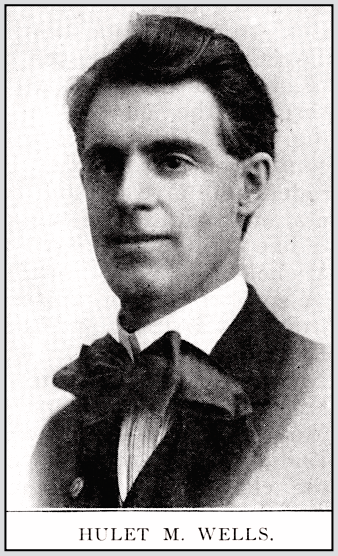
HULET M. WELLS IS AT LIBERTY
—————WASHINGTON, D C, Nov. 16.-Hulet M. Wells, former president of the Seattle Central Labor Council, sentenced to prison by the Seattle federal court for alleged seditious utterances in opposing the draft act, was released from Leavenworth prison on November 13 under order of immediate commutation of the remainder of his sentence.
The formal order for his release was signed today by Attorney General Palmer.
——-
Wells, after two trials, was sentenced to serve two years in the federal penitentiary following his conviction in the local district court on a charge of having violated the military law of the United States. He began serving his sentence at McNeil Island in June, 1919, and about one year ago was transferred to the federal prison at Leavenworth, Kan.
—————
[Photograph and emphasis added.]
Note: Hulet Wells was convicted in March of 1918 but did not begin serving his sentence until June of 1919 when all appeals were exhausted.

 ———-
———-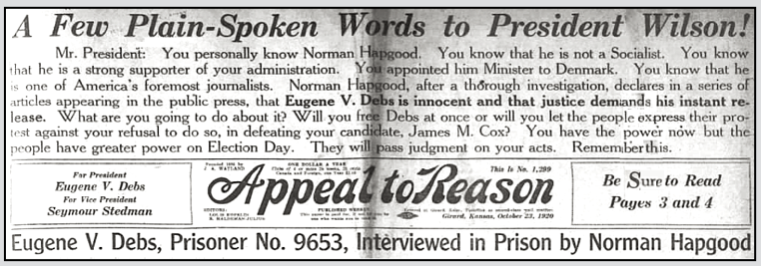
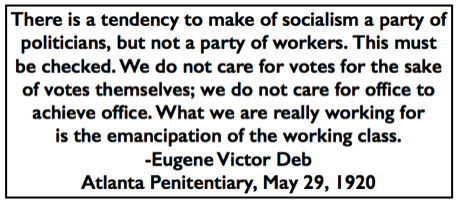 ———-
———-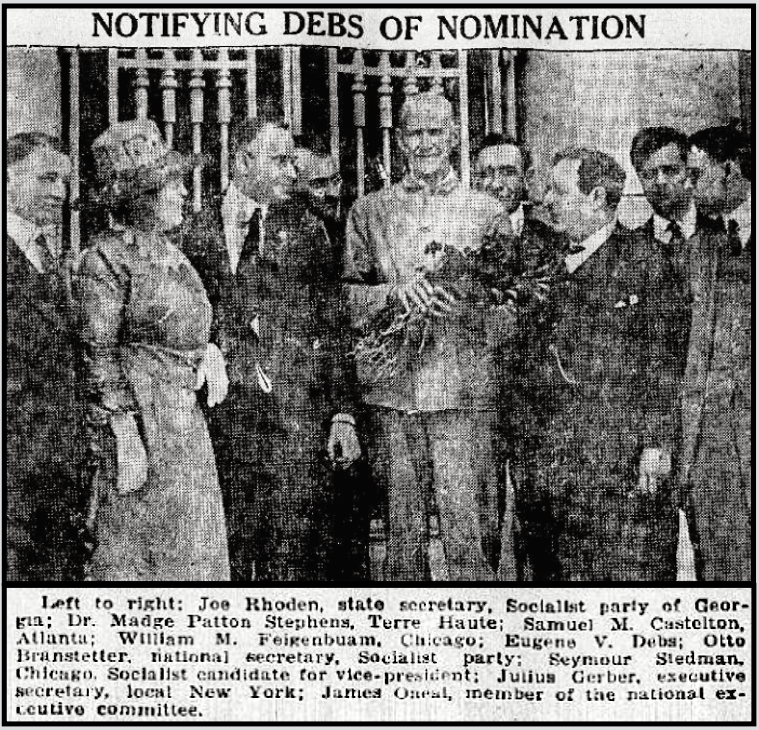
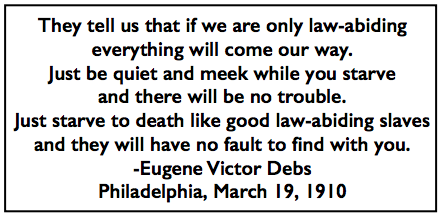 ———-
———-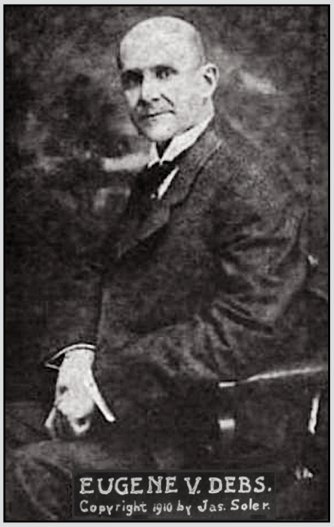
 ———-
———-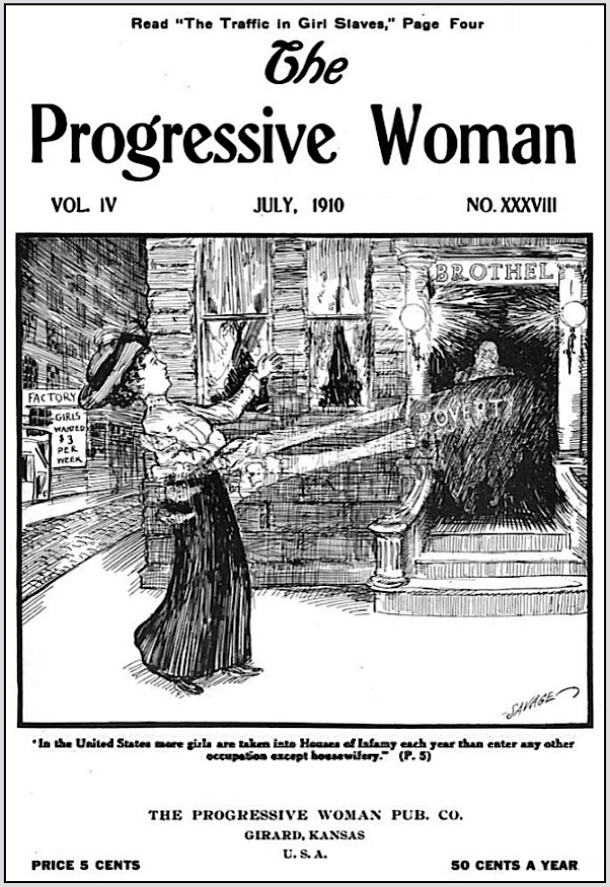 ———-
———-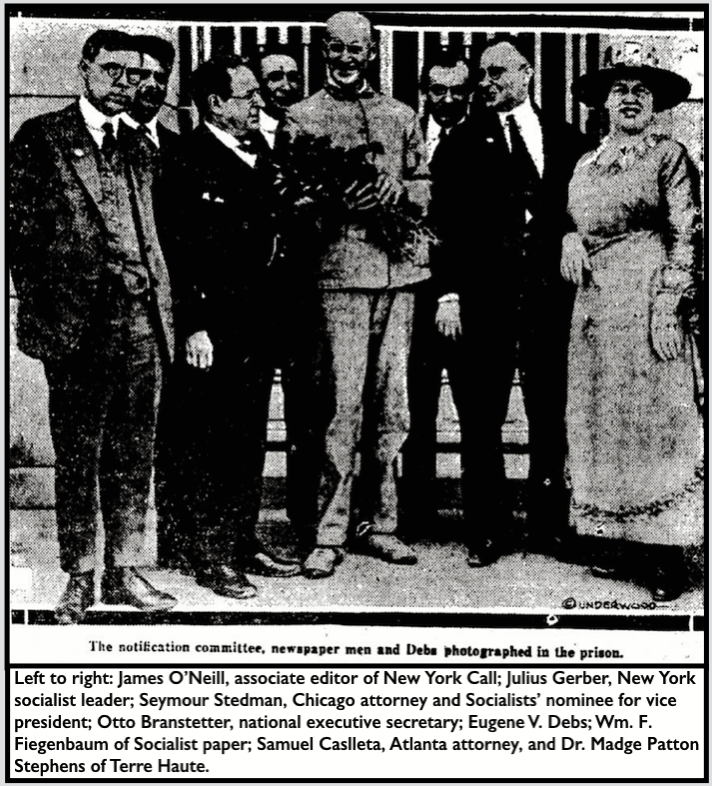
 ———-
———-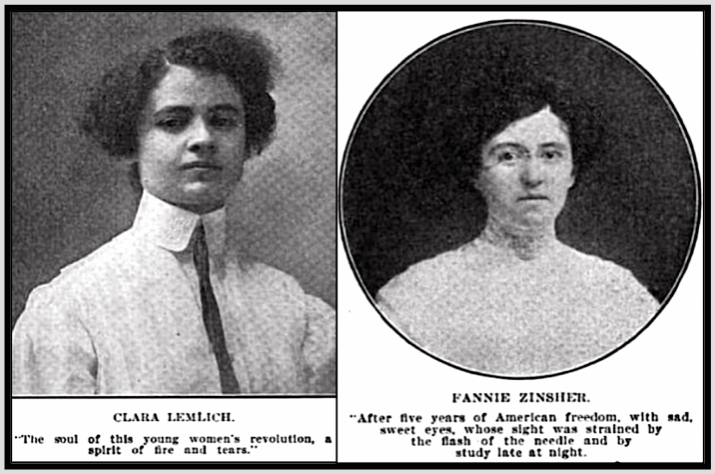
 ———-
———- —–
—–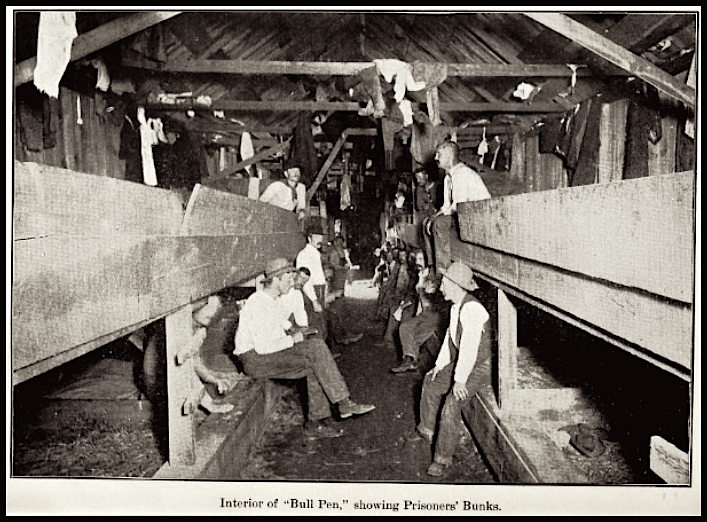 —–
—–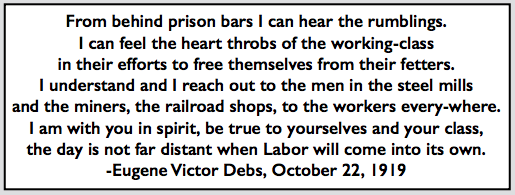 ———-
———-
